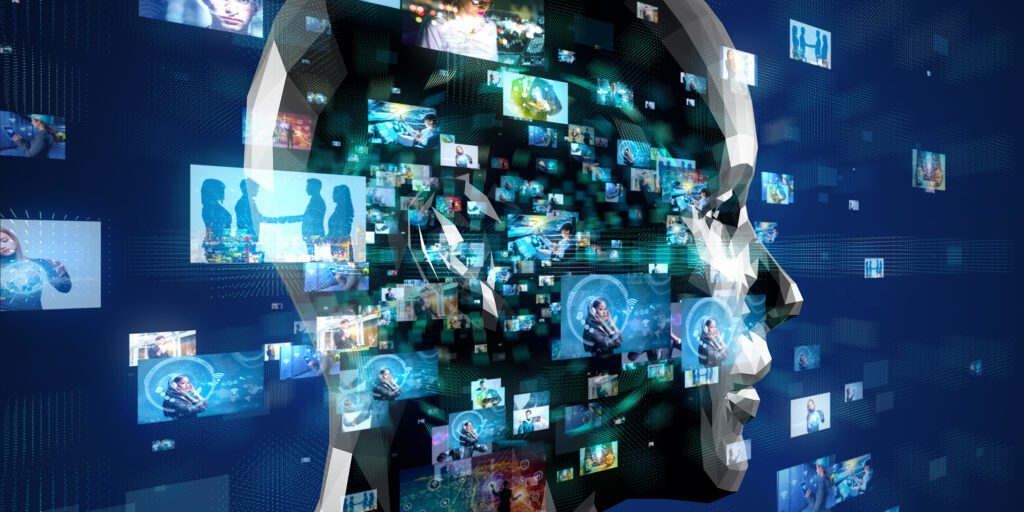The future of robotics is expected to bring increased collaboration between humans and robots, advancements in artificial intelligence, personal and domestic robotics, robotics in healthcare, autonomous vehicles and drones, robots in space exploration, and ethical and societal implications. The integration of robotics in various industries will enhance productivity, efficiency, and workplace safety. Robots will become more intelligent and capable of performing complex tasks, leading to the development of autonomous robots. In personal settings, robots will assist with household chores, healthcare, and companionship. The healthcare sector will benefit from robots assisting with surgeries, patient care, and managing medical records. The automotive industry will see the rise of self-driving cars and trucks, while drones will be used for delivery, surveillance, and disaster response. Robotics will also play a crucial role in space exploration, enabling humans to explore distant planets and moons. However, the rise of robotics raises ethical and societal questions that need to be addressed and regulated to ensure responsible and ethical use. Overall, the future of robotics holds endless possibilities for transformative advancements that enhance our lives and push the boundaries of human achievement.
The Future of Robotics: Predictions and Trends to Watch Out For
Introduction
Robotics has come a long way since its inception and continues to evolve at an unprecedented rate. With advancements in artificial intelligence (AI), machine learning, and technology, robots are becoming more capable, efficient, and accessible. Industries like manufacturing, healthcare, transportation, and space exploration are already benefitting from the integration of robotics, and this trend is expected to continue. In this article, we will explore some predictions and trends for the future of robotics.
1. Increased Collaboration between Humans and Robots
One of the significant trends in robotics is the collaboration between humans and robots in various workplaces. Unlike traditional industrial robots that operate in isolation, the future will see robots working side by side with humans, utilizing their unique abilities. This collaboration will enhance productivity, efficiency, and improve workplace safety. As robots become more intelligent and capable of complex tasks, they will be able to seamlessly integrate into different industries.
2. Advancements in Artificial Intelligence
Artificial intelligence is a crucial component in the development of advanced robotics. As AI continues to progress, robots will become more intelligent and capable of performing intricate tasks. Machine learning algorithms will enable robots to learn from experience and improve their performance over time. This will pave the way for autonomous robots that can adapt to changing environments and make more informed decisions without human intervention.
3. Personal and Domestic Robotics
In the future, robots will play a more significant role in our daily lives, both at home and in personal settings. Personal robots will assist with household chores, healthcare, and companionship. They will be capable of performing tasks like cooking, cleaning, and even providing medical assistance. These robots will not only enhance our quality of life but also free up time for more meaningful activities.
4. Robotics in Healthcare
The healthcare sector will witness a significant transformation with the integration of robotics. Robots will assist doctors and nurses in surgeries, patient care, and managing medical records. They will be able to perform precise operations, reducing the risk of human error. Additionally, robotic prostheses and exoskeletons will enhance mobility for individuals with disabilities, improving their quality of life.
5. Autonomous Vehicles and Drones
The automotive industry will continue to push boundaries with the development of autonomous vehicles. Self-driving cars and trucks will become more prevalent, making transportation safer and more efficient. Drone technology will also advance, leading to the wide-scale use of autonomous drones for tasks like delivery, surveillance, and disaster response. These technologies will revolutionize transportation and logistics industries.
6. Robots in Space Exploration
Robotics will play a crucial role in space exploration, enabling humans to venture deeper into the universe. Robots like rovers and landers will continue to explore distant planets and moons, gathering valuable data. They will assist in the construction of habitats and infrastructure for future human missions. The advancements in space robotics will open up new opportunities for scientific discoveries and space colonization.
7. Ethical and Societal Implications
As robotics becomes more prevalent, it raises important ethical and societal questions. The development of robots with human-like intelligence and capabilities brings concerns about job displacement, privacy, and potential misuse. It is essential to address these issues and establish regulations to ensure the responsible and ethical use of robotics. Collaboration between policy-makers, technologists, and ethicists will be crucial in navigating these challenges.
Conclusion
The future of robotics is filled with endless possibilities and exciting advancements. From increased collaboration between humans and robots to the integration of robotics in healthcare, transportation, and space exploration, the impact of robotics on various industries will be transformative. However, with these advancements, it is important to address the ethical and societal implications associated with the rise of robotics. By embracing the potential of this technology while being mindful of its responsible use, we can shape a future where robotics enhances our lives and pushes the boundaries of human achievement.
